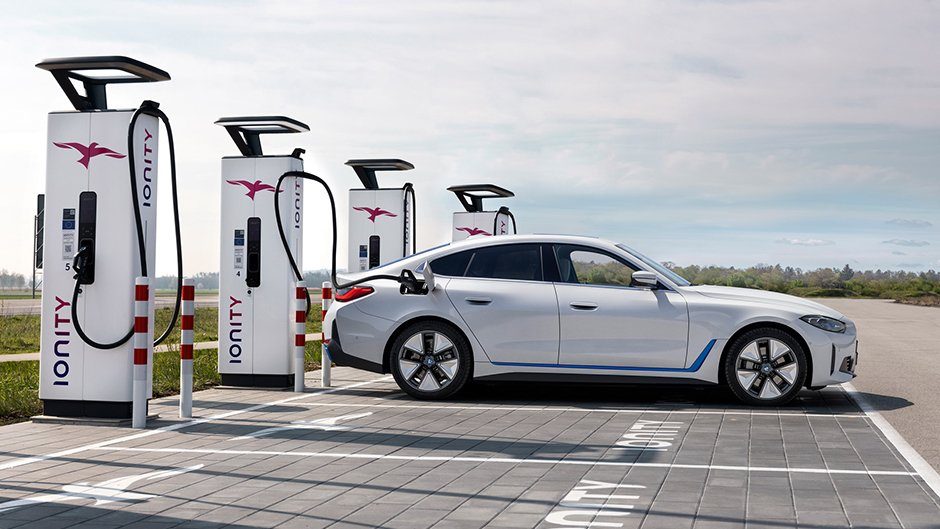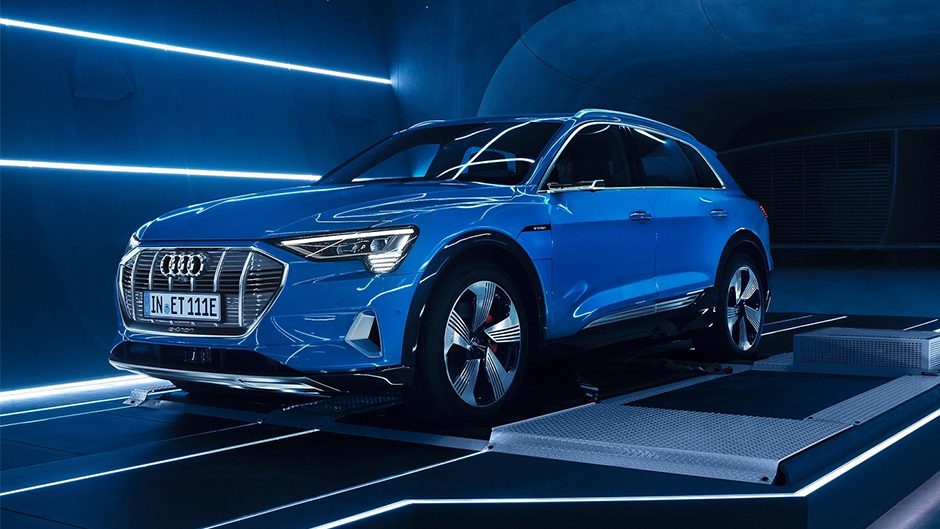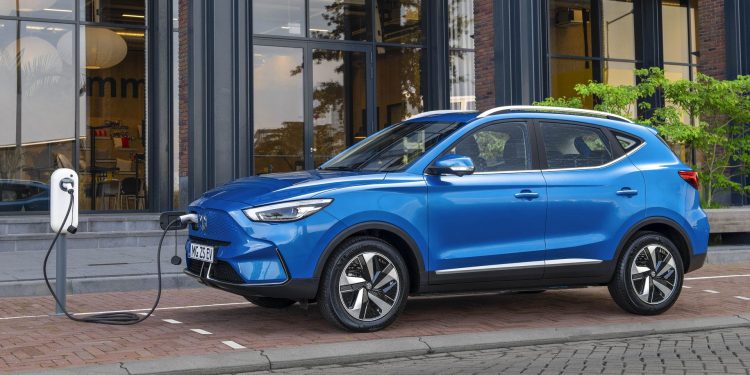New Zealand set to ban new fossil fuel vehicles by 2040
Words: Matthew Hansen
The New Zealand Government appears poised to introduce a ban on the import and sale of new internal combustion engine vehicles by 2040, if not earlier.
The news stems from the COP26 United Nations Climate Change Conference in Britain. The UK Government has released a document outlining plans to reduce emissions in the transport industry by banning the sale of internal combustion engine vehicles around the world by 2040.
The document includes a list of car makers (including Ford and General Motors) that have pledged to phase out the sale of new internal combustion engine vehicles by 2035 in major markets and 2040 elsewhere, and a list of countries and cities/states that have pledged to ban the sale of new internal combustion engine vehicles by 2040 or earlier.
New Zealand is among the countries to have signed the pledge, marking the first real sign of intent to ban internal combustion vehicles by the current government. We’re one of the four new signatories on the list, with the remaining 20 countries all having already announced plans to cease selling ICE vehicles.

It’s worth noting that the document is not binding, and the New Zealand Government has yet to issue any statements on the matter. Australia is among the countries to not sign the agreement, although several states in Australia have; although the Australian Capital Territory did.
“As governments in emerging markets and developing economies, we will work intensely towards accelerated proliferation and adoption of zero emission vehicles,” says the pledge.
“We will support efforts to achieve the road transport breakthrough announced by world leaders, which aims to make zero emission vehicles the new normal by making them accessible, affordable and sustainable in all regions by 2030.
“Together, we welcome the new opportunities for clean growth, green jobs and public health benefits from improving air quality; and that this transition could also boost energy security and help balance electricity grids as we make the transition to clean power.
“We will work together to overcome strategic, political, and technical barriers, accelerate the production of zero emission vehicles and increase economies of scale, to make the transition faster, lower cost, and easier for everyone.
“We will also work together to boost investment, bring down costs and increase the uptake of zero emission vehicles and the many economic, social and environmental benefits it brings.”

A ban on the import and sale of new fossil fuel vehicles by 2035 had been recommended to the government by the Climate Change Commission earlier this year. It was rumoured that the recommendation was likely to be adopted by government, and this news appears to drive the point home.
Local interest in zero emission vehicles have been growing at a rapid rate locally, following the seemingly successful introduction of the Clean Car Discount.
For the first time in New Zealand history an electric car topped the passenger car charts in September, with the Tesla Model 3 outselling all other passenger vehicles, beaten only by the Ford Ranger.
New Zealand’s electric car fleet total recently eclipsed 30,000, with EV registrations increasing by 300 per cent since 2018.





